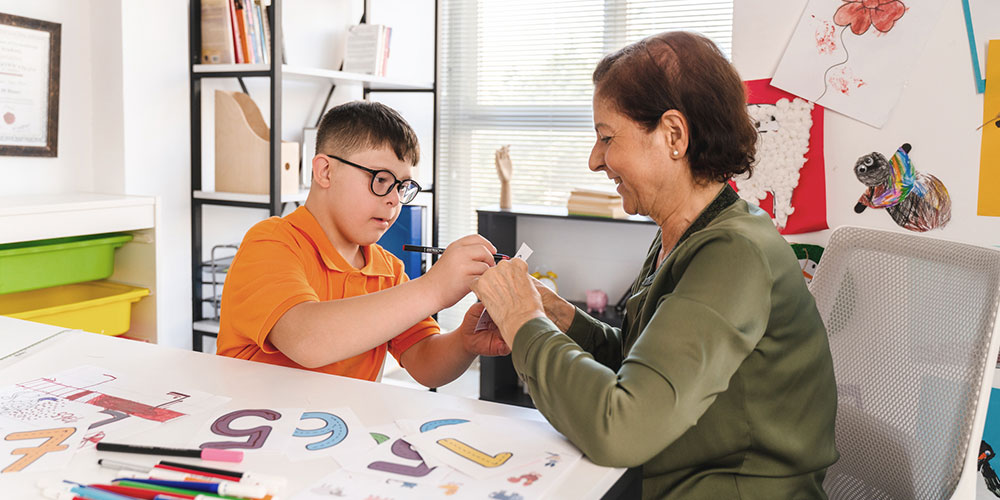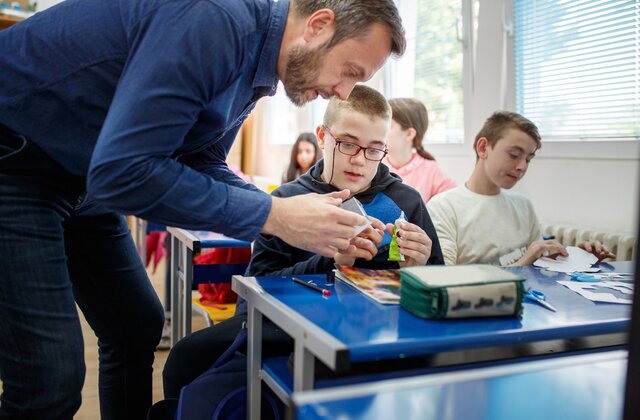In today’s inclusive world, special education plays a pivotal role in ensuring that every child, especially those with disabilities, gets the opportunity to reach their full potential. Designed to meet the unique needs of children with developmental, cognitive, or physical challenges, special education programs are tailored to offer support, guidance, and a personalized learning experience that truly transforms lives.
What is Special Education?
Special education refers to educational programs that are modified to fit the unique learning styles and needs of children with disabilities. These programs are customized to provide:
- Personalized lesson plans that cater to individual learning needs.
- Specialized teaching methods aimed at maximizing each child’s potential.
- Therapeutic support, including occupational and speech therapies, which complement academic learning.
For children with autism spectrum disorder (ASD), learning disabilities, or ADHD, special education is crucial for addressing their unique challenges while allowing them to thrive both academically and socially.
Why Special Education is Important
- Individualized Learning Approach: Every child learns differently, and in special education programs, lesson plans are tailored to match each child’s pace and abilities.
- Boosting Confidence and Self-Esteem: When children receive the right educational support, they develop confidence in their abilities, which helps them perform better both in and outside the classroom.
- Promoting Independence: Special education teaches life skills that enable children with disabilities to navigate the world more independently.
- Inclusive Environment: Children with special needs often benefit from inclusive classrooms, where they can interact with peers, fostering social and emotional growth.
How Special Education Makes a Difference
Special education addresses the needs of children with conditions such as autism, dyslexia, developmental delays, and physical impairments. With a combination of specialized teaching methods, therapeutic services, and a nurturing environment, children benefit in the following ways:
- Personalized Attention: Teachers and specialists work one-on-one with students, ensuring that they receive focused instruction tailored to their specific challenges.
- Therapeutic Interventions: Many special education programs incorporate therapies like speech therapy, occupational therapy, and behavioral counseling, offering holistic support to children.
- Modified Curriculum: A customized curriculum ensures that children progress at their own pace, without feeling overwhelmed or left behind.

Support for Parents and Families
A crucial aspect of special education is providing parents and guardians with the support they need to help their children succeed. Families are often included in the education process, with regular communication between teachers, therapists, and parents to create a consistent learning environment at home and school.
Parents can expect:
- Regular updates on their child’s progress.
- Guidance on how to reinforce learning at home.
- Emotional and psychological support to cope with the challenges of raising a child with special needs.
The Future of Special Education
The future of special education is bright, with new advancements in teaching techniques, technology, and therapeutic support. As more schools adopt inclusive practices and recognize the value of tailored learning, children with special needs will have even greater opportunities to thrive.
Special education isn’t just about academics; it’s about giving every child, regardless of their challenges, the tools they need to succeed in life. With personalized care, specialized programs, and a dedicated team of educators and therapists, children with special needs can lead happy, fulfilling lives.

